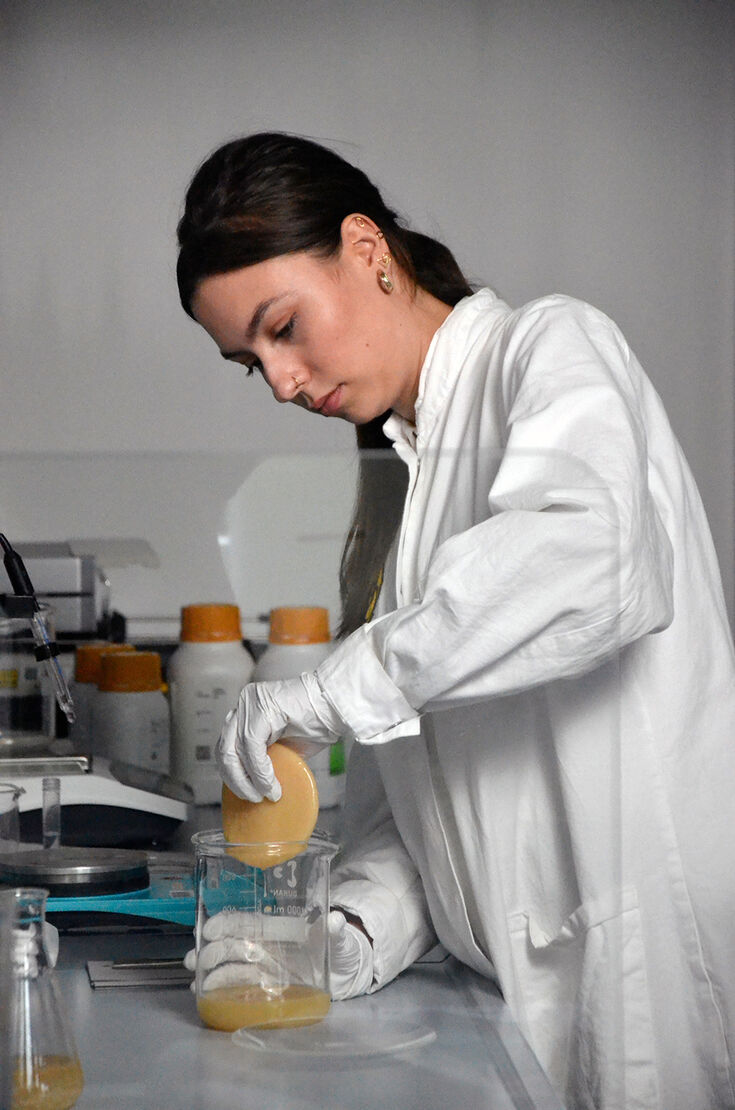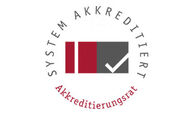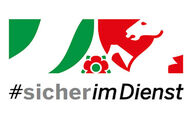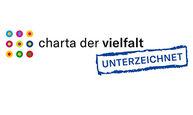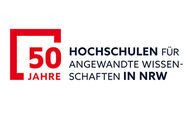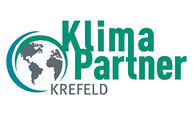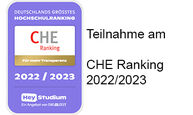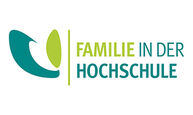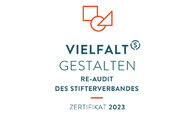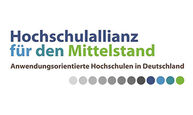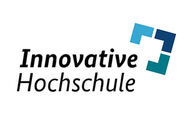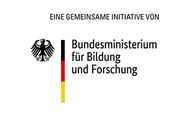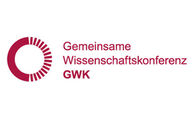DyeAnotherWay" - dye in a different, new way - this catchy title, alluding to the James Bond film "Die Another Day", is the name of a new, international project in which the Faculty of Textile and Clothing Technology at Hochschule Niederrhein (HSNR) is involved.
"The title is very apt," says Prof. Dr.-Ing. habil. Maike Rabe, Head of the "FTB" Textile Finishing and Ecology research institute at the HSNR, "because the aim is to research alternative, sustainable dyeing options for textiles". This is an important aspect in view of the fact that the textile industry today is considered to be resource-intensive and environmentally harmful. Together with the Vienna University of Technology, the scientists in Mönchengladbach will investigate the extent to which dyes produced by bacteria can be used for dyeing fibres. "This is also new territory for us. We have already carried out research with sustainable dyes from plant residues or on the decolourisation of used textiles, but not with bacterial dyes," says Rabe.
However, "DyeAnotherWay" is not only something special for the textile engineers at The Hochschule Niederrhein in terms of content. The European project is part of the renowned Marie Skłodowska Curie Actions (MSCA). With these, the European Union aims to sponsor the international and cross-sectoral careers of scientists. The measures are part of the European Framework Programme for Research and Innovation, Horizon Europe. They were named after the two-time Nobel Prize winner Marie Skłodowska Curie. The funding programme was set up by the European Commission to make scientific careers more attractive, to make Europe more interesting as a research location and to create a strong pool of European researchers.
"DyeAnotherWay" is a globally networked research project with partners from Europe, North and South America that is developing innovative, environmentally friendly dyes based on bacteria. The aim is to replace petrochemical dyes in the textile and food industry with sustainable biogenic alternatives. Together with 16 industrial partners and universities, new technologies are being researched in order to significantly reduce the ecological footprint of dye production and at the same time open up new markets for green innovations. The project covers the entire process from the identification of dye-producing bacteria to the characterisation of their pigments, the optimisation of production and application through to the ecological and economic evaluation of the solutions developed.
"We will therefore be able to award two doctoral positions to international young scientists, making The Hochschule Niederrhein more visible throughout Europe and driving forward its internationalisation," says Maike Rabe. As part of the project, the two doctoral students will also spend time conducting research at the partner universities. The MSCAs aim to create a strong pool of European researchers and make Europe a more attractive research location for scientists, according to the MSCA.
Incidentally, the project is not only researching bacterial dyes, but also bacterial nanocellulose. This involves building fibre-like structures from sugar molecules - another sustainable approach to making the textile industry more resource-efficient in the future.


